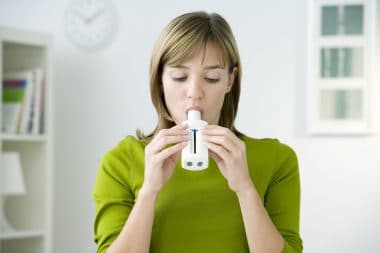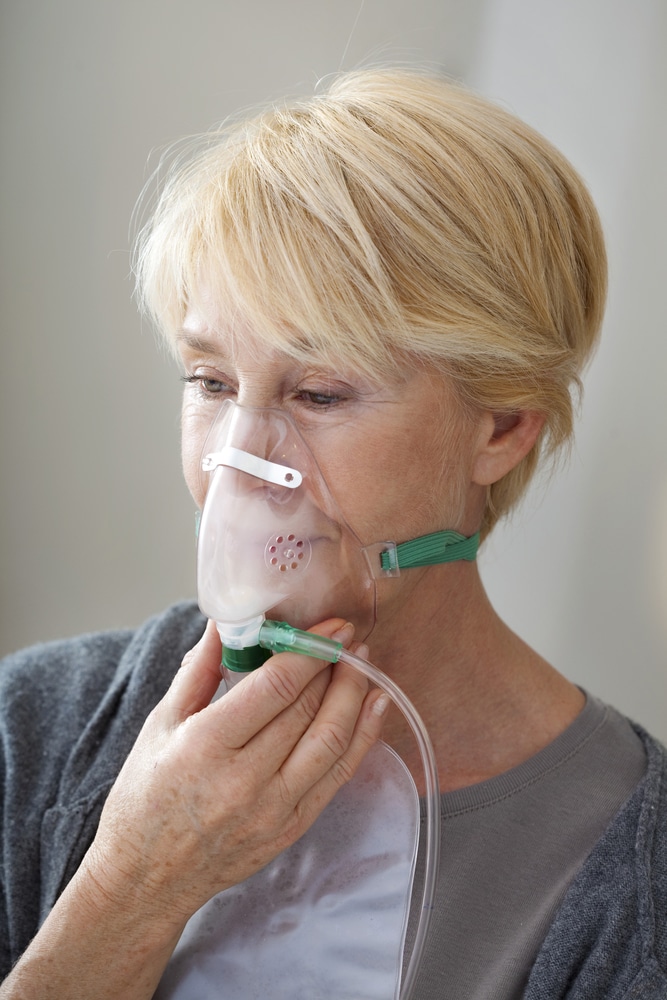Winter air tends to make healthy people a bit unhealthy. Cold air holds less moisture and indoor heating makes air extra dry. Sealing your home against drafts and air leaks is really counterproductive and a further cause for stale and germy air. There is little circulation in a home that is totally sealed and heated. Indoor air quality plunges your family into agonizing chapped lips, sinus infections, sore throats, flu, irritating flaky and itchy skin and colds. Gain your indoor air quality back and get health under control. Improve your home”s ventilation systems; maintain the furnace and check the relative indoor humidity.
Stay Healthy in Winter
- Use a vacuum with a HEPA filter to get rid of dust and pet dander. If you are cooped up all winter, dusts and dander can get into your lungs. Vacuum at least once a week. Your HEPA filtered vacuum will stop the tiny dust and pet dander plus dust mites and their awful particles.
- Be proactive by cleaning surfaces and washing all linens in your home at least twice a week. This includes bedding, blankets and duvets. Use a quality detergent. Encase your mattresses and box springs in hypoallergenic covers. These types of covers eliminate the possibility of allergens, bacteria and virus from reaching your respiratory system.
- Keep your home vented properly. Use bathroom and kitchen exhaust fans. Bring in fresh air. You won”t die from the cold if you crack windows open a bit. You might want to install an in-window air exchange system that pulls in filtered outside air without letting heated air escape.
- Keep your heating appliances checked. Furnaces, space heaters and wood burning stoves and fireplaces should be serviced and operated according to manufacturer”s specifications. Change air filters and clean out your ducts and chimneys.
- Control the humidity in your home. Once you have cleaned your air and it is warm and cozy, it is still dry. A humidifier may be the answer but too much moisture in the air can lead to rot, mold spores, and condensation. HVAC professionals suggest the indoor optimal humidity rate be maintained between 40% and 55%. Purchase a quality hygrometer to monitor indoor humidity and only use a humidifier when you need to. This means when the heater or furnace is on. Do keep room doors open to prevent condensation.
Fix leaks and drips under your sinks, by your water heater, and around humidifiers. Standing water under cupboards and in basements causes high humidity, encourages mold growth and is a breeding home for bacteria.
In addition to cleaning your home, declare your home as a smoke free zone. Don”t allow anyone to smoke indoors. If you have smokers in your home ask them to go outside; particularly in the winter months.
Test your home for radon. Radon is an invisible gas that causes lung cancer. Every home should be tested for this gas. If you have radon in your home, it is an easy fix, and relatively inexpensive.
If you have unsavory odors in your home don”t continually use scented candles or fragrances to hide odors. Find out what is causing the smell, clean up, ventilate and prevent the smells from coming back.
Use cleaning products that are not toxic. Avoid storing hazardous chemicals under sinks and easy-to-rich cabinets. If you use ammonia, ventilate the rooms you are working in. Heated winter air and ammonia fumes equal bronchial and lung irritations.
Don”t idle a car in a garage that is attached to your home. Gasses and pollutants from the exhaust coming from an idling car can find access into your home through cracks in doors and walls. These fumes tend to stay, circulate in the air in your home, and eventually enter you lungs.
Little things that can help the air quality in your home during winter include keeping floors clean and fresh. Mop those floors. Mopping picks up the dust that vacuuming leaves behind. Just use plain water to capture any lingering dust or allergens.
Use a floor rug at every door. You would be surprised at all the muck and chemicals people track in via the dirt on their shoes. Door rugs or mats reduce the dirt pesticides and pollutants from getting into your home and carpets. Have guests take off their shoes. Sounds strange, but this will also help with the air quality.
Bring nature indoors. Use natural green plants designed for homes. Rooms are cozier and healthy with houseplants. NASA research states that ferns, spider plants or aloe vera act as nature”s air purifiers. Roots, soils and leaves work to absorb chemical contaminants freed by synthetic materials. Plants are nature”s air purifiers.




